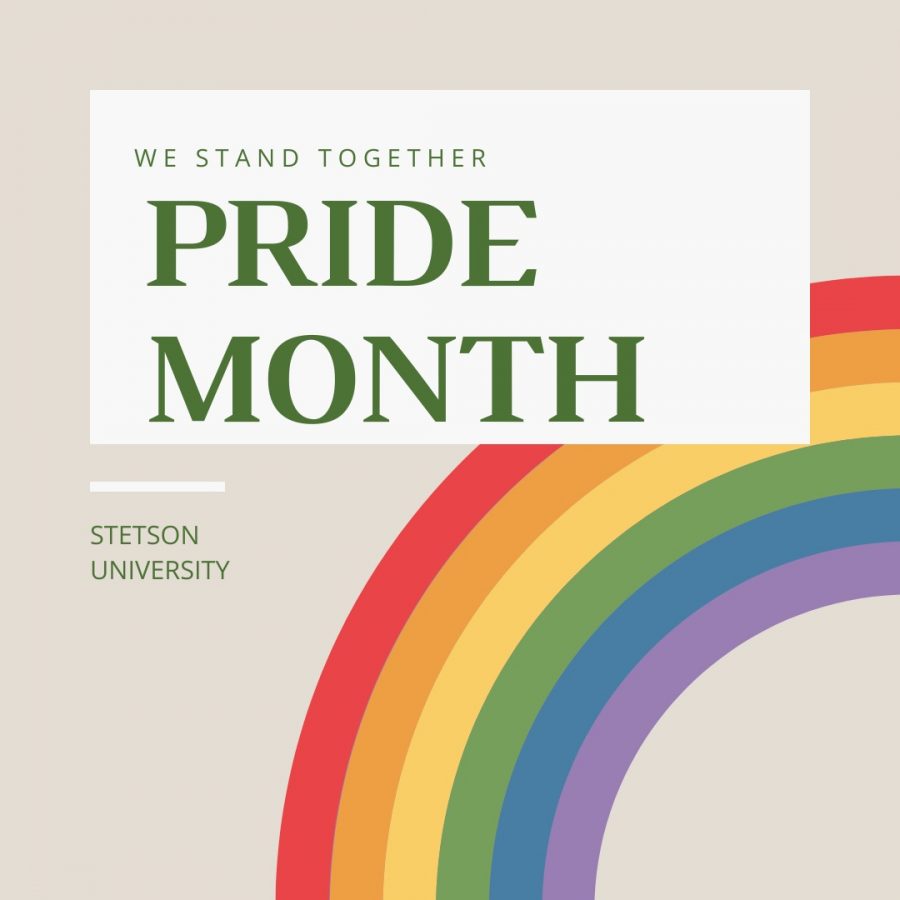Pride and Protest
June 25, 2020
June is Pride month, and this month commemorates the Stonewall riots against police violence toward the LGBTQ community that occurred during June 1969. This year the idea of pride is grounded in the memory of people like Marsha P. Johnson, a Black transgender woman who helped lead the movement for human rights for all LGBTQ people.
A lot has happened in the past month in the political sphere that has directly affected the lives of LGBTQ Americans. On June 15, the Supreme Court found that the 1964 Civil Rights Act, which outlaws discrimination on the basis of sex, now protects LGBTQ employees from discrimination in the workplace, and did so with a six to three ruling.
This was a huge victory in granting basic rights to so many. However, the ruling doesn’t guarantee complete protection. NPR points out that the Religious Freedom Restoration Act, which prevents federal law from restricting a person’s free exercise of religion, could allow employers to cite religious beliefs as a reason to not hire someone because of their sexual orientation or gender identity.
On June 12, only three days before the Supreme Court ruling, the Trump administration eliminated protections for transgender patients that were created under the Affordable Care Act. The New York Times states that the regulation leaves transgender patients vulnerable to “discrimination from doctors, hospitals, and health care companies.” This move prompted outcry from transgender rights advocates who criticized implementing the rule in the middle of a global pandemic.
It’s important to celebrate small victories while also recognizing how much progress is needed. The same system that has decided to protect the LGBTQ community in the workplace has declined to defend them within the healthcare system. Inclusivity is essential to the meaning of Pride: at this time in particular, Black LGBTQ Americans need our support in the fight against systemic racism and discrimination.
We can still tell our friends “Happy Pride” and celebrate with them while also acknowledging the reason we have LGBTQ rights today: queer people of color who led the protests at Stonewall against violence and oppression. Pride and protest are not mutually exclusive.








